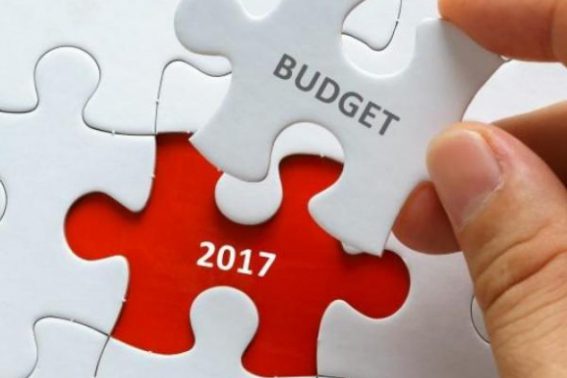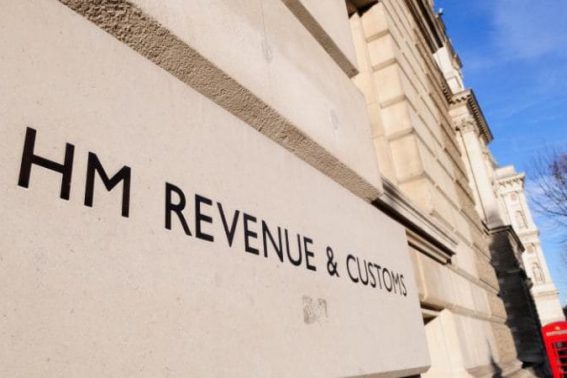HMRC takes on off-shore tax evasion HMRC has introduced new criminal offences targeting individuals who have income or gains outside of the UK and evade their UK income tax or capital gains tax responsibilities The offences, applied 7 October this year, are part of the Revenue’s “No Safe Havens” campaign and are of “strict liability”, removing the need to prove that the evasion is intentional. This comes after the Criminal Finance Act 2017 recently gave HMRC greater tools to prosecute the facilitation of tax evasion by corporates – designed to meet its target of prosecuting 100 companies and wealthy individuals by 2020. An automatic exchange of financial information with other tax authorities overseas (the “Common Reporting Standard”) is also now underway which will allow HMRC access to thousands of offshore[...]
Legislation to implement the government’s Making Tax Digital initiative has been put on hold. The plans, which would see businesses and the self-employed submit multiple tax returns online via computers or smartphones, have been met with widespread criticism. However, following last week’s announcement of a general election, the government has decided to drop 72 out of the 135 clauses from the Finance Bill 2017- including Making Tax Digital. This decision has been met with positive feedback from the accountancy sector. Although the legislation may still be passed in the future, many accountants and tax experts have welcomed the opportunity to properly discuss and debate the proposed legislation further before it becomes law. Making Tax Digital was introduced by the government as a way to prevent errors in tax returns[...]
Philip Hammond has delivered his first Budget as chancellor. These are the key points of what he has said. Key Points UK growth up this year; borrowing is coming down Increase in taxes for the self-employed Tax free dividend allowance drops from £5,000 to £2,000 from April 2018 Measures for business rates amount to a £435m cut, including a £1,000 cut for 90pc of pubs £2bn for social care, and £100m for new triage programmes at English hospitals next winter Funding for a further 110 new free schools on top of the existing 500, including new specialist maths schools Opening remarks The economy has still shown “robust growth” as the UK begins its exit from the European Union “We are building the foundations of a stronger, fairer, more global Britain,” Mr[...]
My name’s Mike Howes-Roberts and I’m the HMRC Programme Director responsible for transforming Government Gateway. Why is transformation important? And what do we mean by transformation? Those are some of the questions I’ll try and answer in this, my first blog post. Why is transformation important for Government Gateway? Government Gateway has been a critical piece of UK government infrastructure. It has enabled individuals, businesses and agents to prove their identity to use online government services (user authentication), and it’s fundamental to government transformation as digital take-up continues to increase. To give you an idea of scale, it supports: 123 live digital services across government 406 million authentications a year more than 50 million active accounts. What’s changing? Nothing immediately for users, but the current Gateway service is scheduled to come to[...]
How do you stop half a billion phishing emails a year from ever reaching your customers? Well, we just have! That’s how many emails criminals sent in 2015 pretending to be from an @HMRC.gov.uk email address. Together with our email service providers, we’ve just put in place a control that changes everything. With the catchy title Domain-based Message Authentication, Reporting and Conformance – or DMARC – we can now stop almost all of these from ever reaching our customers’ inboxes. To be able to have such a dramatic effect in reducing the threat to our customers is a huge achievement. HMRC is recognised as one of the most phished brands in the world, most commonly with the classic ‘Tax Refund Notification’. Phishing emails are designed to steal customers’ personal or[...]
Income Tax rates and Personal Allowances Current rates and allowances Previous tax years Income over £100,000 1. Current rates and allowances How much Income Tax you pay in each tax year depends on: how much of your income is above your Personal Allowance how much of this falls within each tax band Some income is tax-free. The current tax year is from 6 April 2016 to 5 April 2017. Your tax-free Personal Allowance The standard Personal Allowance is £11,000, which is the amount of income you don’t have to pay tax on. Your Personal Allowance may be bigger if you claim Marriage Allowance or Blind Person’s Allowance. It’s smaller if your income is over £100,000. Income Tax rates and bands The table shows the tax rates you pay in each band if you have a[...]








